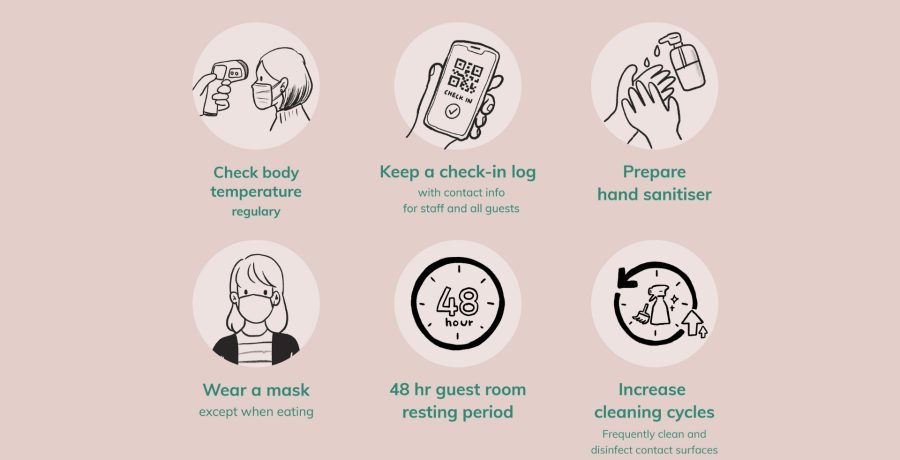Affiliated to University of Mumbai
HACCP Compliant Food & Beverage Areas
Member Hotel & Restaurant Association Western India
Accredited by National Assessment and Accreditation Council (NAAC)
The Impact of Covid 19 on Hospitality Industry in India
Home > The Impact of Covid 19 on Hospitality Industry in India
